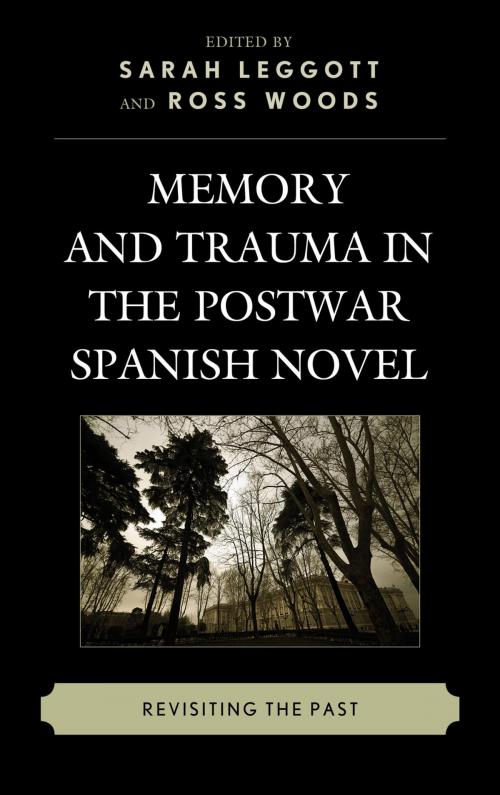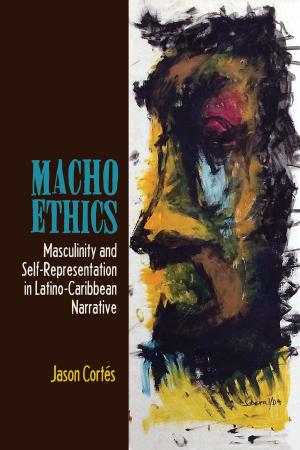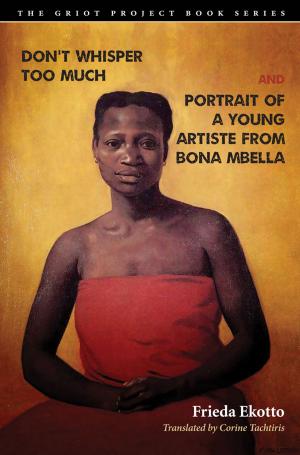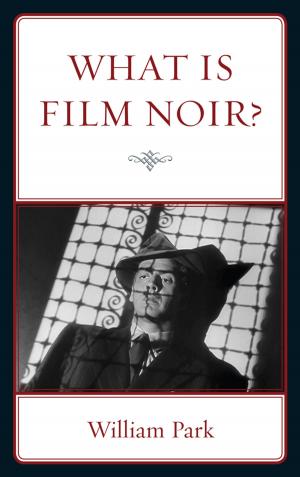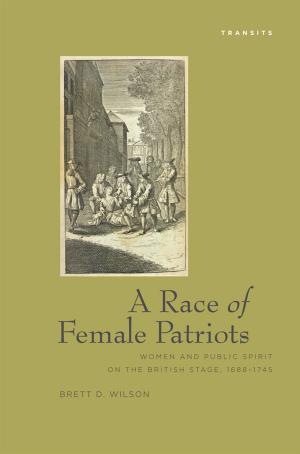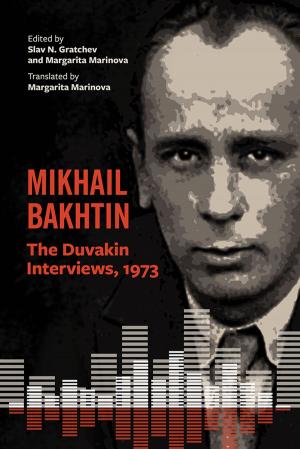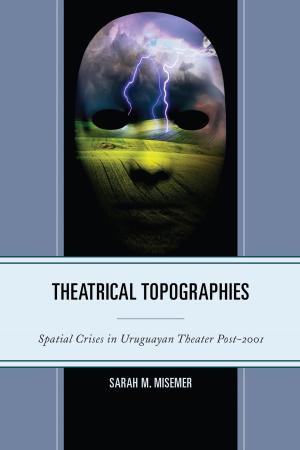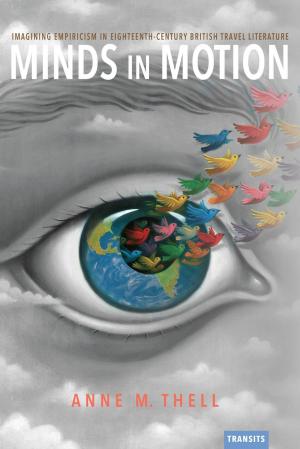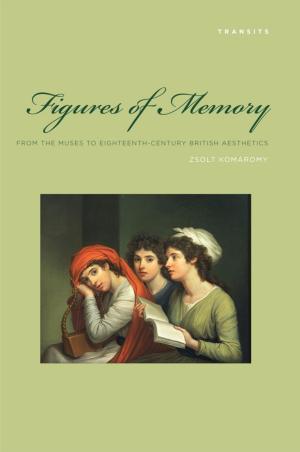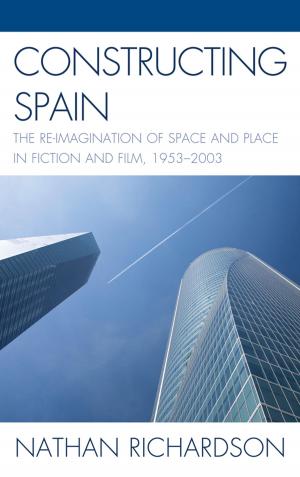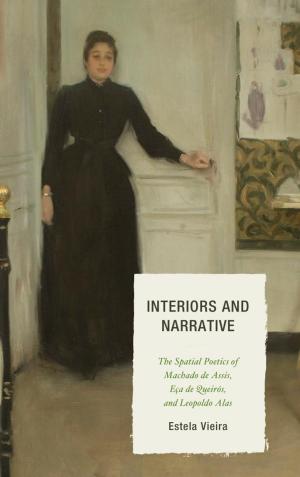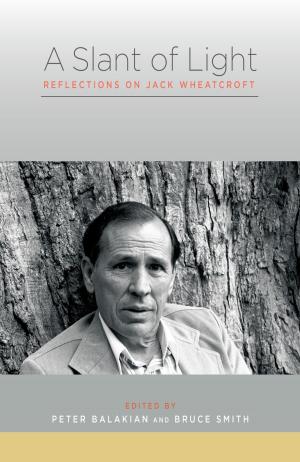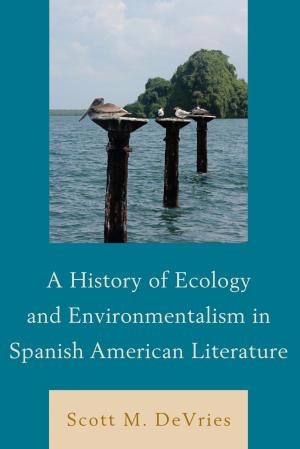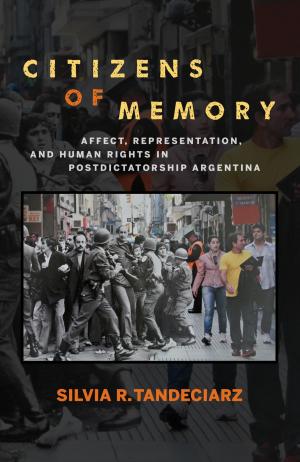Memory and Trauma in the Postwar Spanish Novel
Revisiting the Past
Fiction & Literature, Literary Theory & Criticism, European, Spanish & Portuguese, Nonfiction, History, Spain & Portugal, Modern, 20th Century| Author: | Francis Lough, Beatriz Caballero Rodríguez, Christine Arkinstall, Julia van Luijk, Daniela Omlor, Federico Bonaddio, Alison Ribeiro de Menezes, Anne L. Walsh | ISBN: | 9781611485318 |
| Publisher: | Bucknell University Press | Publication: | December 11, 2013 |
| Imprint: | Bucknell University Press | Language: | English |
| Author: | Francis Lough, Beatriz Caballero Rodríguez, Christine Arkinstall, Julia van Luijk, Daniela Omlor, Federico Bonaddio, Alison Ribeiro de Menezes, Anne L. Walsh |
| ISBN: | 9781611485318 |
| Publisher: | Bucknell University Press |
| Publication: | December 11, 2013 |
| Imprint: | Bucknell University Press |
| Language: | English |
In recent years, much Spanish literary criticism has been characterized by debates about collective and historical memory, stemming from a national obsession with the past that has seen an explosion of novels and films about the Spanish Civil War and Franco dictatorship. This growth of so-called memory studies in literary scholarship has focused on the representation of memory and trauma in contemporary narratives dealing with the Civil War and ensuing dictatorship. In contrast, the novel of the postwar period has received relatively little critical attention of late, despite the fact that memory and trauma also feature, in different ways and to varying degrees, in many works written during the Franco years. The essays in this study argue that such novels merit a fresh critical approach, and that contemporary scholarship relating to the representation of memory and trauma in literature can enhance our understanding of the postwar Spanish novel.
The volume opens with essays that engage with aspects of contemporary theoretical approaches to memory in order to reveal the ways in which these are pertinent to Spanish novels written in the first postwar decades, with studies on novels by Camilo José Cela, Carmen Laforet, Arturo Barea and Ana María Matute. Its second section focuses on the representation of trauma in specific postwar novels, drawing on elements from trauma studies scholarship to discuss neglected works by Mercedes Salisachs, Dolores Medio and Ignacio Aldecoa. The final essays continue the focus on the theme of trauma and revisit works by women writers, namely Carmen Laforet, Rosa Chacel, Ana María Matute and María Zambrano, that foreground the experiences of female protagonists who are seeking to deal with a traumatic past. The essays in this volume thus propose a new direction for the study of Spanish literature of 1940s, 1950s and early 1960s, enhancing existing approaches to the postwar Spanish novel through an engagement with contemporary scholarship on memory and trauma in literature.
In recent years, much Spanish literary criticism has been characterized by debates about collective and historical memory, stemming from a national obsession with the past that has seen an explosion of novels and films about the Spanish Civil War and Franco dictatorship. This growth of so-called memory studies in literary scholarship has focused on the representation of memory and trauma in contemporary narratives dealing with the Civil War and ensuing dictatorship. In contrast, the novel of the postwar period has received relatively little critical attention of late, despite the fact that memory and trauma also feature, in different ways and to varying degrees, in many works written during the Franco years. The essays in this study argue that such novels merit a fresh critical approach, and that contemporary scholarship relating to the representation of memory and trauma in literature can enhance our understanding of the postwar Spanish novel.
The volume opens with essays that engage with aspects of contemporary theoretical approaches to memory in order to reveal the ways in which these are pertinent to Spanish novels written in the first postwar decades, with studies on novels by Camilo José Cela, Carmen Laforet, Arturo Barea and Ana María Matute. Its second section focuses on the representation of trauma in specific postwar novels, drawing on elements from trauma studies scholarship to discuss neglected works by Mercedes Salisachs, Dolores Medio and Ignacio Aldecoa. The final essays continue the focus on the theme of trauma and revisit works by women writers, namely Carmen Laforet, Rosa Chacel, Ana María Matute and María Zambrano, that foreground the experiences of female protagonists who are seeking to deal with a traumatic past. The essays in this volume thus propose a new direction for the study of Spanish literature of 1940s, 1950s and early 1960s, enhancing existing approaches to the postwar Spanish novel through an engagement with contemporary scholarship on memory and trauma in literature.
